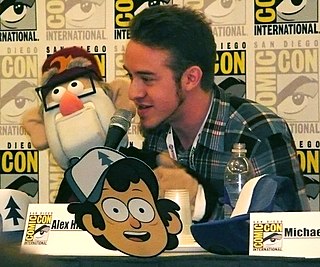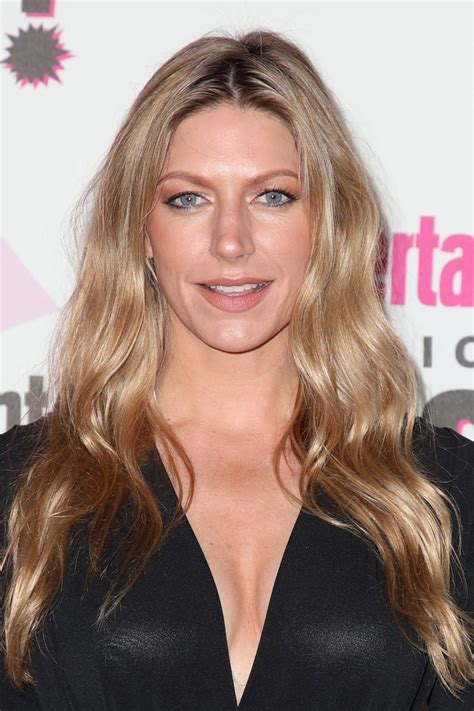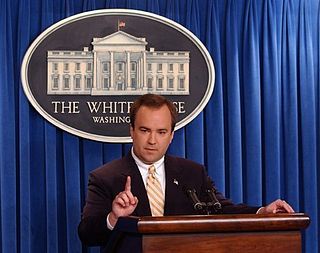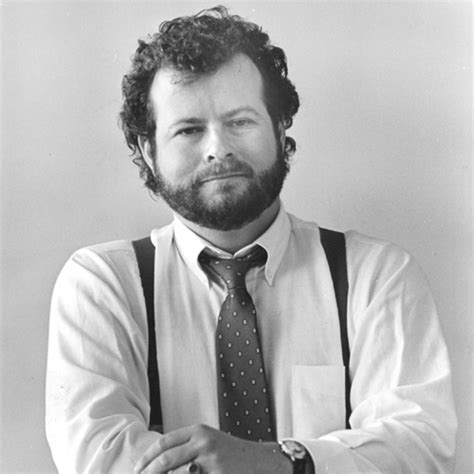A Quote by Donald Rumsfeld
I tend over the years to have developed a certain hesitancy about believing that headlines tell the whole story.
Related Quotes
It's only a story, you say. So it is, and the rest of life with it - creation story, love story, horror, crime, the strange story of you and I. The alphabet of my DNA shapes certain words, but the story is not told. I have to tell it myself. What is it that I have to tell myself again and again? That there is always a new beginning, a different end. I can change the story. I am the story. Begin.
The best time to tell your story is when you have to tell your story. When it's not really a choice. But then, when you get that first, messy, complicated version down, you have to read it over and be very tough on yourself and ask, 'Well what's the story here?' If you're lucky enough to have someone you trust looking over your shoulder, he or she can help you if [you] lack perspective on your own story.
I don't know if that's the best story for BoJack, long-term. I do love the world, and I love playing around in it and it feels like an elastic enough world that, any story I want to tell, I can tell about these characters in this world. I can talk about parents and children, husbands and wives, the troops, or Hollywood. It does feel like an endless playground at this point, it would be a shame if we cut it off early for fear of repeating the same things over and over again. But I am looking to move the story and character somewhat.
Memoirists, unlike fiction writers, do not really want to 'tell a story.' They want to tell it all - the all of personal experience, of consciousness itself. That includes a story, but also the whole expanding universe of sensation and thought ... Memoirists wish to tell their mind. Not their story.


































